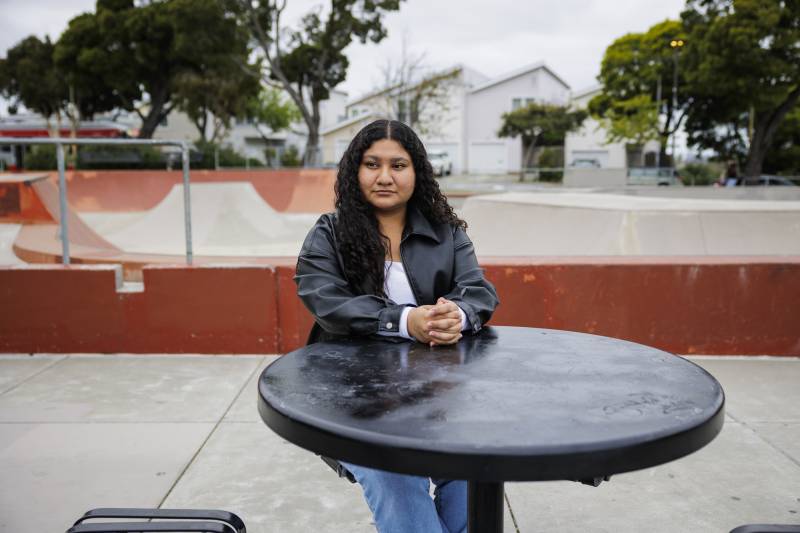Junior Leslie Cruz Urquilla aspires to attend an Ivy League university and has been busy preparing for the SAT this school year. She wants to take the exam in June, but one of her biggest hurdles has nothing to do with test content: She hasn’t found a seat yet.
“It was super stressful. I honestly didn’t want to take it at some point,” said Urquilla, who lives in the city of Richmond and attends KIPP San Francisco College Prep, a charter school. “But I had to remind myself that taking the SAT is a step towards my goals.”
According to the College Board, which administers the SAT, there are fewer than half the number of SAT centers in California this year than there were just prior to the COVID-19 pandemic. Many testing centers never reopened after the pandemic, and some cited decreased demand from students as many colleges, including the University of California system, no longer require standardized tests on applications.
Nationwide, colleges and universities ditched the test requirement for admissions during the pandemic while schools closed their in-person campuses. And many universities were already moving away from the exams over concerns about equity and how students with more resources are more likely to afford private tutoring and take the exam in general.
“The demand has not been as high as it has been in the past,” said Vinh Trinh, who oversees testing at Oakland Unified School District.

